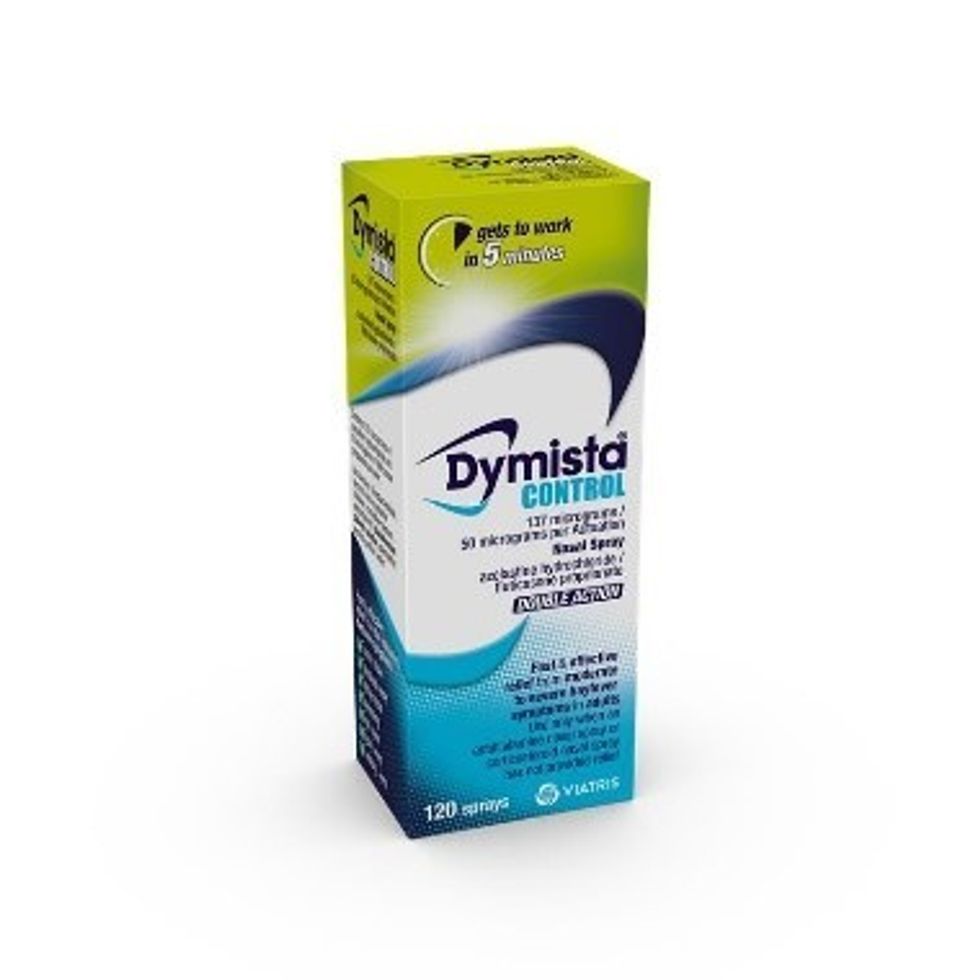Pharmacists across the UK can administer the lifesaving medicine naloxone, the new consultation launched by the government to make the medicine widely available in the community said.
Under the new plans to tackle record-high drug-related deaths the lifesaving medicine that can reverse the effects of an opioid overdose will be available to more frontline workers.
A new consultation launched on Tuesday (August 3) amends the current regulations to allow naloxone to be supplied and administered by a wider group of people regularly coming into contact with drug users.
Police officers, prison officers, paramedics and pharmacists are among the professions that would be given access to the drug able to help save the lives of people suffering an overdose.
Health and Social Care Secretary Sajid Javid said: "To prevent people dying from drug abuse we need to make sure the right treatment and medicines are available, which is why we’re launching this consultation on naloxone."
"This government is committed to tackling drug misuse and saving lives, including through our new Joint Combating Drugs Unit and an ambitious new strategy."
The 8-week consultation comes after the government launched a new Joint Combating Drugs Unit and committed to publish an ambitious new drug strategy later this year to tackle drug misuse across society.
Currently, while naloxone can be legally administered by anyone during an emergency, its supply is tightly controlled and is only available through prescription.
Aside from an emergency, it is only commissioned drug treatment services that can obtain, and supply naloxone to individuals without a prescription or other written authorisation. This consultation seeks to change that.
The services and individuals that would be eligible to hold and give naloxone are- police officers, prison officers, probation officers, registered nurses, paramedics, midwives, pharmacists, outreach and day services for people who experience homelessness, and temporary and supported accommodation services for substance users and people who experience homelessness.
The proposed legislative changes would apply throughout the United Kingdom and this consultation is being made available in England, Wales, Scotland and Northern Ireland.
It seeks views on the viability of these proposals, as well as suggestions from stakeholders of any more individuals or services that should also be included in the list.








![Potential Side Effects of Mounjaro [What You Need to Know]](https://www.pharmacy.biz/media-library/image.jpg?id=54516976&width=1245&height=700&quality=90&coordinates=0%2C29%2C0%2C29)






 Dymista® CONTROL (azelastine hydrochloride and fluticasone propionate) nasal spray
Dymista® CONTROL (azelastine hydrochloride and fluticasone propionate) nasal spray 

